
Universal Pumping | High Pressure Pumps
High Pressure Pumps for Difficult to Pump Slurry, Sludge, and Food Waste.
In recent years, the wastewater management sector has experienced a paradigm shift, driven by innovative technologies such as advanced sludge filters. According to the Water Environment Federation, sludge management accounts for approximately 50% of the total operational costs in wastewater treatment plants, highlighting the need for more efficient solutions. The introduction of high-performance sludge filter technologies not only enhances the dewatering process but also significantly reduces the volume of sludge generated, leading to lower disposal costs and improved environmental sustainability. A report by Global Industry Analysts suggests that the sludge filtration market is projected to reach $10 billion by 2026, reflecting an increased investment in advanced treatment methodologies. This evolution in wastewater treatment practices positions advanced sludge filters as a vital component in revolutionizing sludge management, thus addressing both economic and ecological challenges faced by treatment facilities worldwide.
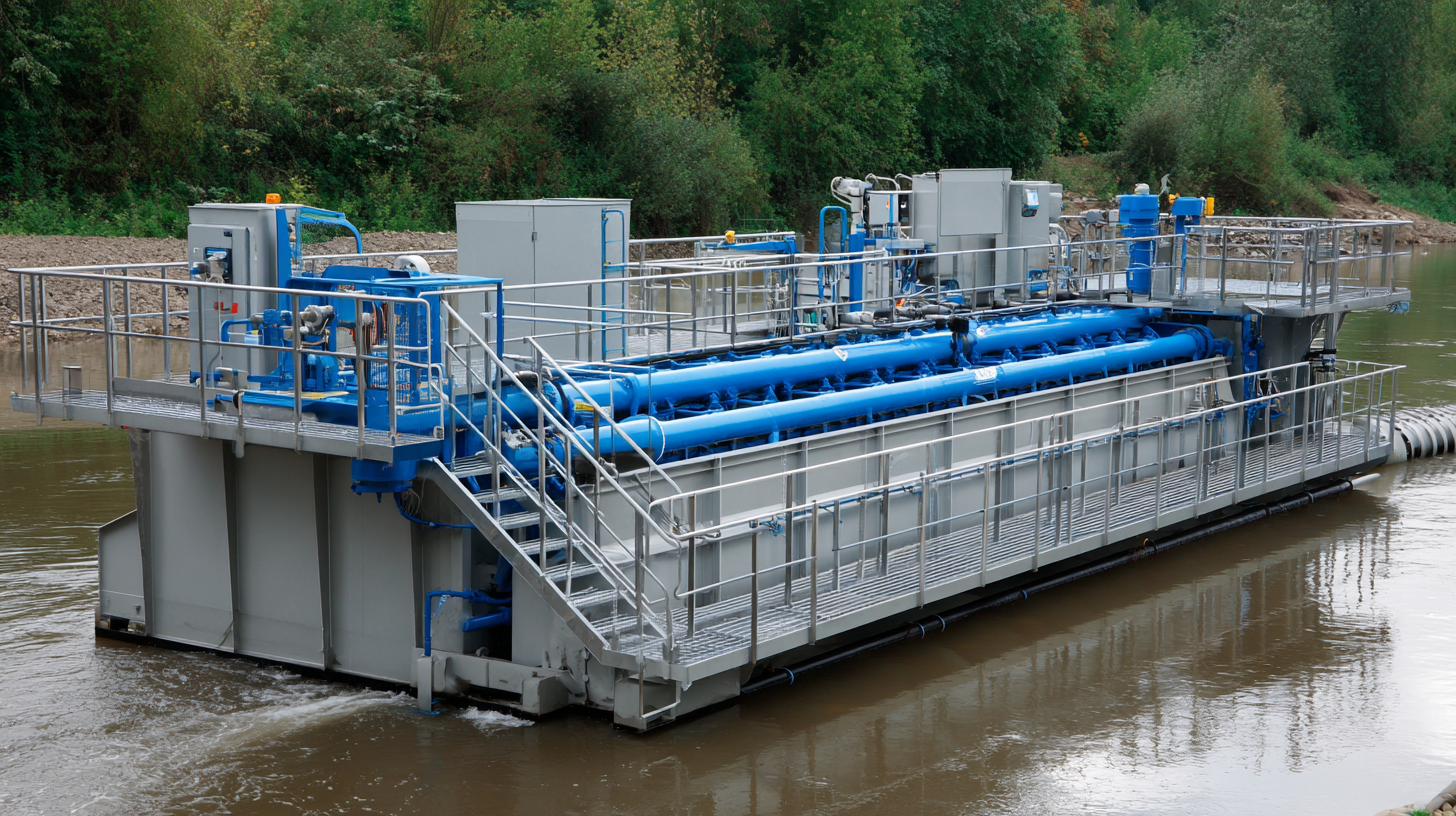
Advanced sludge filter technologies are transforming wastewater treatment processes, making them more efficient and sustainable. According to a report from the Water Environment Federation, the global wastewater treatment market is projected to reach $660 billion by 2026, driven by innovations such as high-performance sludge filtration systems. These technologies significantly reduce the volume of sludge produced, which can account for up to 50% of the waste generated during treatment processes. By optimizing the filtration of sludge, facilities can minimize disposal costs and enhance resource recovery, leading to more sustainable operations.
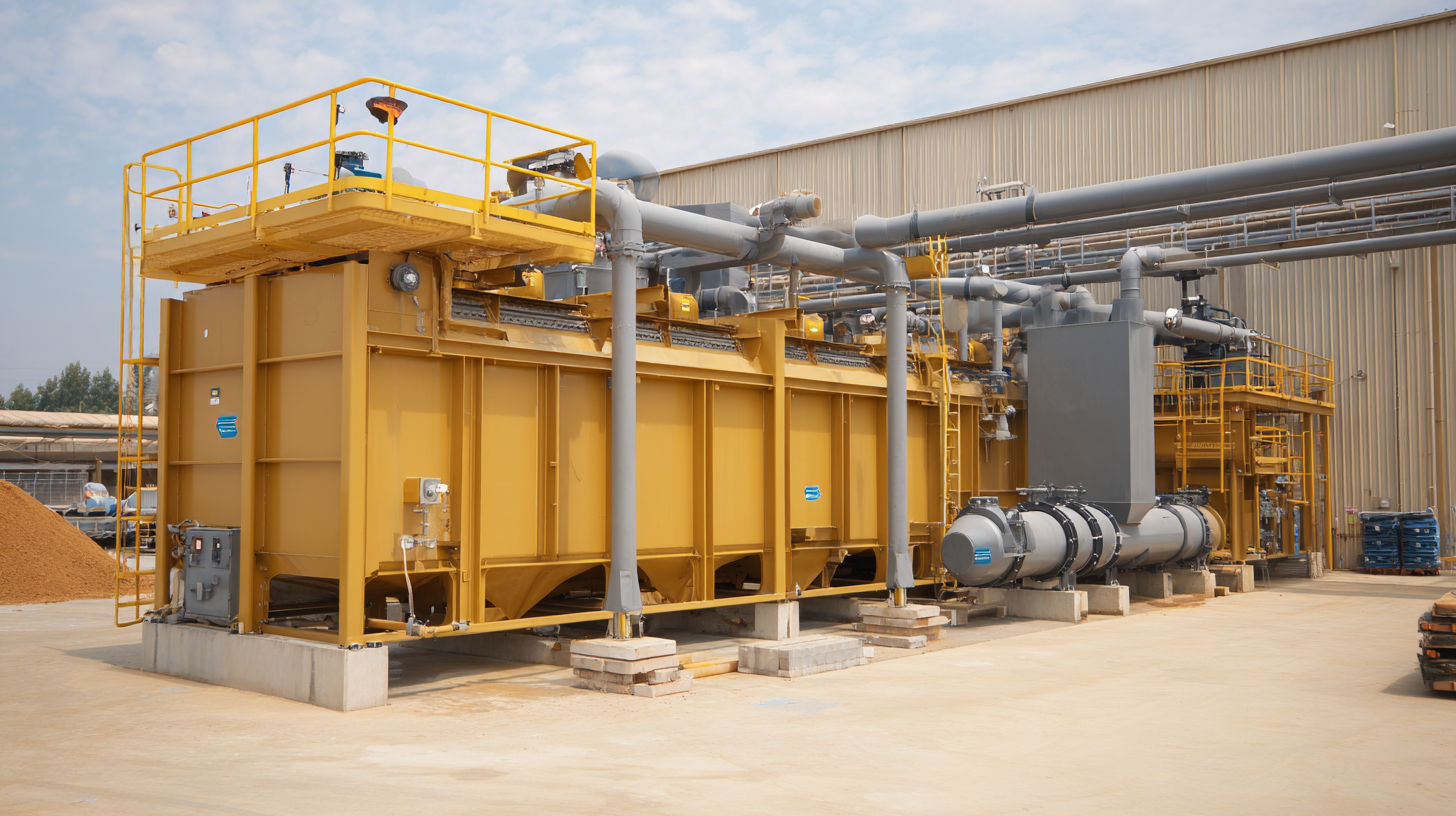
Moreover, the efficiency of advanced sludge filter technologies plays a crucial role in improving the overall effectiveness of wastewater management systems. Research indicates that utilizing these technologies can increase solid retention times, improving nutrient removal and pathogen reduction in treated effluents. A study published in the Journal of Environmental Engineering found that advanced filter systems can enhance dewatering rates by up to 30%, resulting in lower energy consumption and reduced operational costs. As the industry continues to adopt these innovations, the emphasis on advanced sludge filtration will be critical for addressing environmental challenges and achieving regulatory compliance in wastewater management.
Advanced sludge filter technologies are transforming wastewater management practices, offering significant benefits that enhance efficiency and reduce environmental impact. According to a recent report by the Water Environment Federation, adopting innovative sludge filtration techniques can lead to a reduction in energy consumption by up to 30%, highlighting the potential for both cost savings and sustainability in operations. These technologies not only minimize the volume of waste but also improve the quality of the treated water, making it suitable for reuse in various applications, thereby conserving precious water resources.
Tip: Investing in advanced filtration systems can provide a quick return on investment. Consider performing a cost-benefit analysis to identify potential savings in energy and waste disposal costs.
Furthermore, the implementation of these technologies contributes to improved regulatory compliance. The Environmental Protection Agency (EPA) has reported that facilities utilizing state-of-the-art filtration methods tend to exceed compliance standards by 15% more than those using traditional approaches. This not only minimizes the risk of fines but also enhances the facility's reputation in the community and among stakeholders.
Tip: Regular training for staff on the operation and maintenance of advanced sludge filtration systems can ensure optimal performance and longevity of the equipment.
The treatment of wastewater has become increasingly crucial in addressing environmental challenges, and sludge filtering methods play a critical role in this process. Traditional sludge filtering methods often rely on gravity-based techniques and simple mechanical means. While these systems are relatively low-cost and straightforward, they frequently suffer from limitations such as inefficiency in solids removal and longer processing time. Additionally, the need for large physical space can impede their application in urban areas where real estate is a premium.
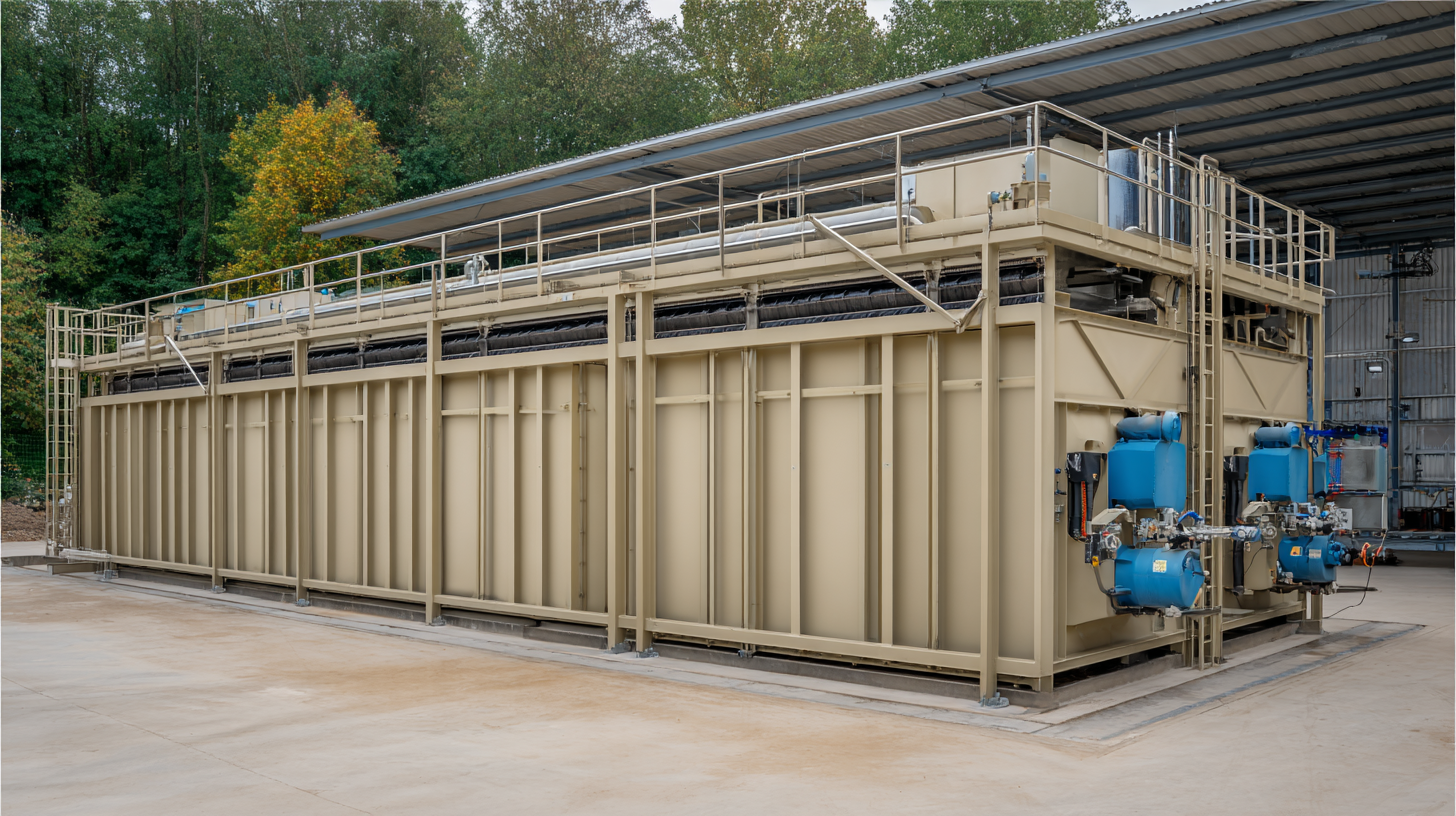
In contrast, advanced sludge filtering technologies employ innovative approaches, such as membrane filtration and electrokinetic methods, which dramatically enhance efficiency and reduce the volume of sludge produced. These modern approaches offer higher filtration precision and improved quality of effluent, ensuring that more contaminants are removed before discharge. Moreover, advanced systems often integrate automation and monitoring software, leading to better operational control and lower labor costs. As municipalities seek to meet stricter environmental standards, the shift from traditional to advanced sludge filtering methods highlights a significant evolution in wastewater management.
The improper disposal of wastewater and faecal sludge has become a pressing issue in many urban areas, including Bhubaneswar, where residents have raised alarms about potential health hazards. In response to such challenges, advanced sludge filter technologies are emerging as a game-changer in wastewater management. Reports indicate that facilities equipped with cutting-edge filtration systems can reduce sludge volume by over 50%, significantly alleviating the burden on treatment plants and decreasing environmental impact.
Real-world applications of these advanced technologies demonstrate their effectiveness in addressing similar concerns. For instance, a case study from a major metropolitan area showcased a facility that utilized enhanced sludge filtration to improve effluent quality, leading to a 30% increase in water reuse for irrigation. Moreover, the introduction of these technologies has resulted in cost savings of up to 20% in operational expenses, as they require less energy and lower maintenance compared to conventional methods. This makes them an attractive solution for cities striving to improve wastewater management and protect community health.
As industrial modernization accelerates, the demand for advanced technologies and intelligent systems in wastewater management is on the rise. The incorporation of cutting-edge filtration solutions is crucial for wastewater treatment plants aiming to meet stringent regulations and enhance service quality. These technologies not only promote efficiency but also ensure that the treated water meets higher standards, ultimately contributing to environmental sustainability.
The wastewater treatment market is expected to witness significant growth, with its value reaching
$8 billion by 2030, up from $5 billion in 2022. This increase, projected at a compound annual growth rate of 6.5% from 2024 to 2030, underscores the evolving landscape of wastewater management.
Consumers are increasingly aware of the importance of intelligent treatment systems, driving trends towards
innovative filtration methods that promise to
revolutionize how wastewater is handled, providing cleaner and safer water solutions for communities.

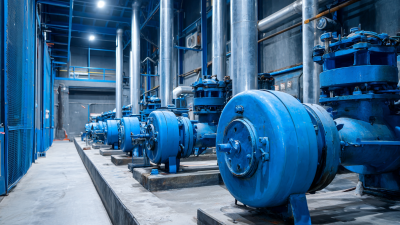

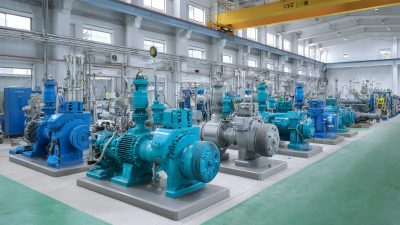
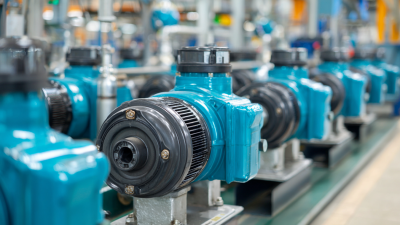
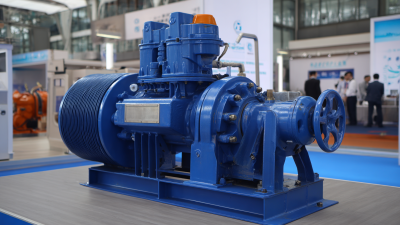
Universal Pumping
625 Apache Trail
Woodstock, GA 30189
Mon - Fri | 9:00 AM - 5:00 PM
Universal Pumping is staffed with industry professionals with 20-45 years experience with high pressure pumping systems. We represent only the “elite producers” in pump manufacturing: Britain’s EMS and Germany’s EMMERICH. Our engineering and manufacturing approach is conservative, and we do not use “guess work” in the design or sales of our pumping and filtration equipment.



